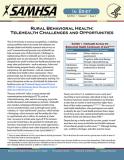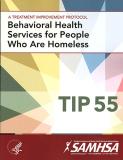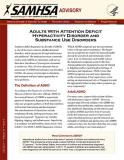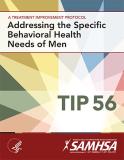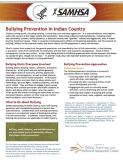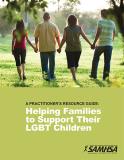
This resource guide offers information and resources to help practitioners in health and social service systems implement best practices to engage and help families and caregivers support their lesbian, gay, bisexual, and transgender (LGBT) children.
Units per Product
Download
Practitioner's LGBT Resource Guide: Help Families
File Type: PDF
File Size: 1.39 MB


